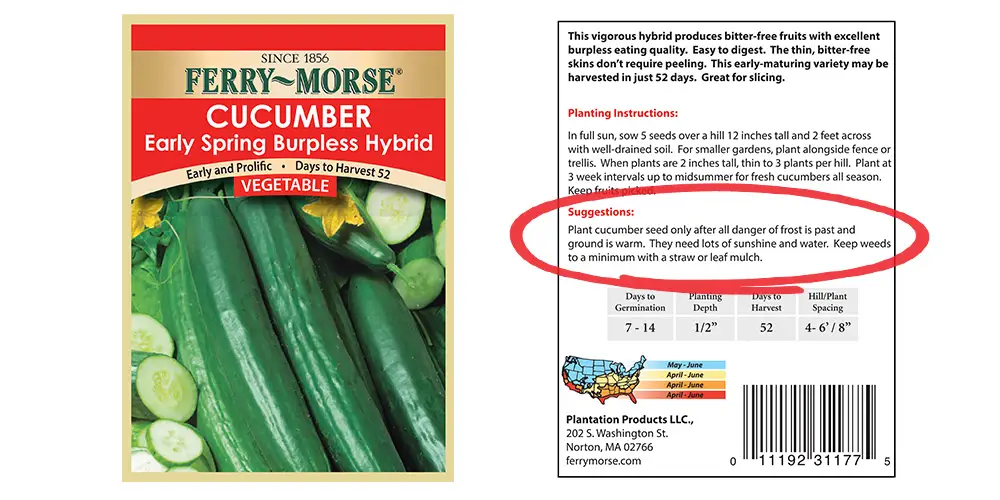By David Wall, Mount Pleasant Master Gardener
Seeds do expire (germination rate goes through the floor), but several factors influence “when,” and even then, that so-called expiration date is a guesstimate.

Many people mistakenly think a date written on the seed packet backside and is an expiration date. Seeds are alive and able to be stored for several years while retaining their germination viability if kept under the right conditions.
Seed storage methods are a major factor in seed life expectancy. The biggest influences are temperature and storage container. To retain viability the longest, store seeds in a refrigerator or freezer. Never, however, store tree seeds in a freezer. The seed paper packets are fine in a refrigerator, but packets should be put is a sealed contained (plastic bag or closed jar) if not refrigerated. Closed jars prevent insect, bird, or animal destruction.
Without regard to refrigeration and/or sealant, there are some generalized germination expiration dates. Seeds lasting one year include onions, parsley, spinach and parsnips, while peas, corn, okra, chives, and beans should be good for two years. Rutabagas, asparagus, carrots, turnips, and leeks should last three years, while peppers, artichokes, basil, watermelons, squash, pumpkins, and chard should be good up to four years. Finally, lettuce, celery, cucumbers, beets, brassicas, eggplant, tomatoes, and muskmelons should be good up to 5 years. Again, these are estimates.
If concerned, do a germination test like you did in HS science class. Wet a paper towel, put 10 seeds on it, roll it up and keep wet (not soaking). After several days, open the towel to see your germination rate. If germination rate is low, you can still counter this. For example, if the germination rate is 50% the expected rate, plant twice as many seeds.
Before using the seeds, let the container warm to room temperature before opening.
Seed Type Seed Germination Expiration Dates Onions 1 Year Parsley 1 Year Spinach 1 Year Parsnips 1 Year Peas 2 Years Okra 2 Years Chives 2 Years Beans 2 Years Rutabagas 3 Years Asparagus 3 Years Carrots 3 Years Turnips 3 Years Leeks 3 Years Peppers 4 Years Artichokes 4 Years Basil 4 Years Watermelons 4 Years Squash 4 Years Pumpkins 4 Years Chard 4 Years Lettuce 5 Years Celery 5 Years Cucumbers 5 Years Beets 5 Years Brassicas 5 Years Eggplant 5 Years Tomatoes 5 Years Muskmelons 5 Years





